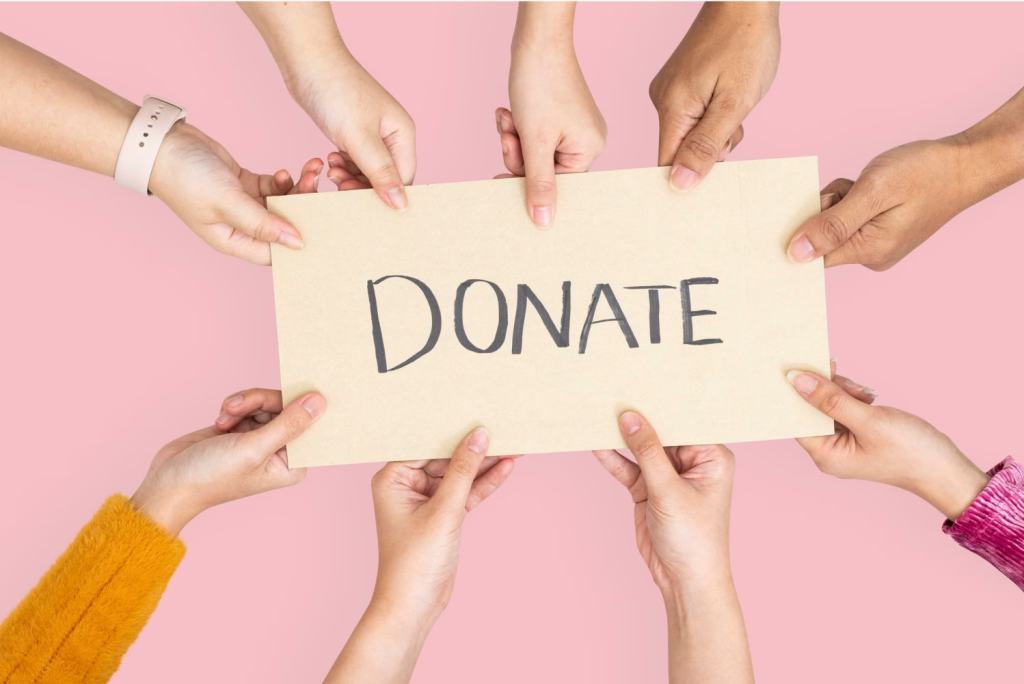Cancer Charities
Cancer is a health condition that affects most Americans at some point during their lives, either directly or through loved ones. The National Cancer Institute of the National Institutes of Health states that, “as of January 2019, there were an estimated 16.9 million cancer survivors in the United States. The number of cancer survivors is projected to increase to 22.2 million by 2030.” Given the scope of the problem, it is not surprising that charities in the US work to address the needs of individuals affected by cancer, help with prevention efforts, and fund research into treatments and cures.
With so many people being moved to help in some way, fundraising for cancer charities has become popular and, unfortunately, has attracted some bad actors over the years. In 2016, the Federal Trade Commission, all 50 states and the District of Columbia dissolved two charities and banned their leaders from working for nonprofits in a settlement. According to the FTC, the charities were accused of claiming “to help cancer patients, but instead, spent the overwhelming majority of donations on their operators, families and friends, and fundraisers.”
Despite this, the vast majority of cancer organizations are accomplishing valuable work. Before donating to a specific charity, BBB’s Give.org urges you to start by taking the time to learn more about the organizations. To assist with that objective, we offer the following.
At the end of this section, we have curated a list of cancer-related organizations that have already been vetted by BBB’s Give.org and found to meet the 20 BBB Standards for Charity Accountability. The list includes links to the full reports on these organizations. (i.e., an evaluation shows they meet the 20 BBB Standards for Charity Accountability). Click on the links to access the full reports on each charity.
Cancer organizations can be grouped into three major categories. Understanding of the differences between them can help the charity selection process and provide a better understanding of how donations will be used.

Treatment and Direct Assistance to Individuals
Compassionate donors may want to focus making their donation to a charity that directly helps individuals that are impacted by a cancer diagnosis. This can include direct treatment in a medical setting, funding or providing transportation for doctor’s appointments, or providing needed at-home equipment. If this is your preferred choice for making donations, look closely at what the charity states are its programs and take a look at the Programs tab in our report to see if they provide direct assistance, or if they help in other ways.

Research
For large, national charities, much of the focus around cancer is on funding research. This can be research into prevention, treatment, or cures. Some charities may focus their funding on one particular strategy while others are broader in what they support. If you are interested in helping the cause in this way, take a look at our report and the charity’s website to see what types of research they are funding.

Education & Awareness
Another common focus for national cancer charities is raising awareness. This can help educate the public on when they should be tested for certain types of cancer, what lifestyle changes may help with prevention, or what symptoms to be aware of. Many of us are familiar with, and may have participated in, walks, marathons, or other large community events that are held by charities to bring awareness to their particular cause, and usually to also raise funds.
List of BBB Accredited Cancer Charities.



